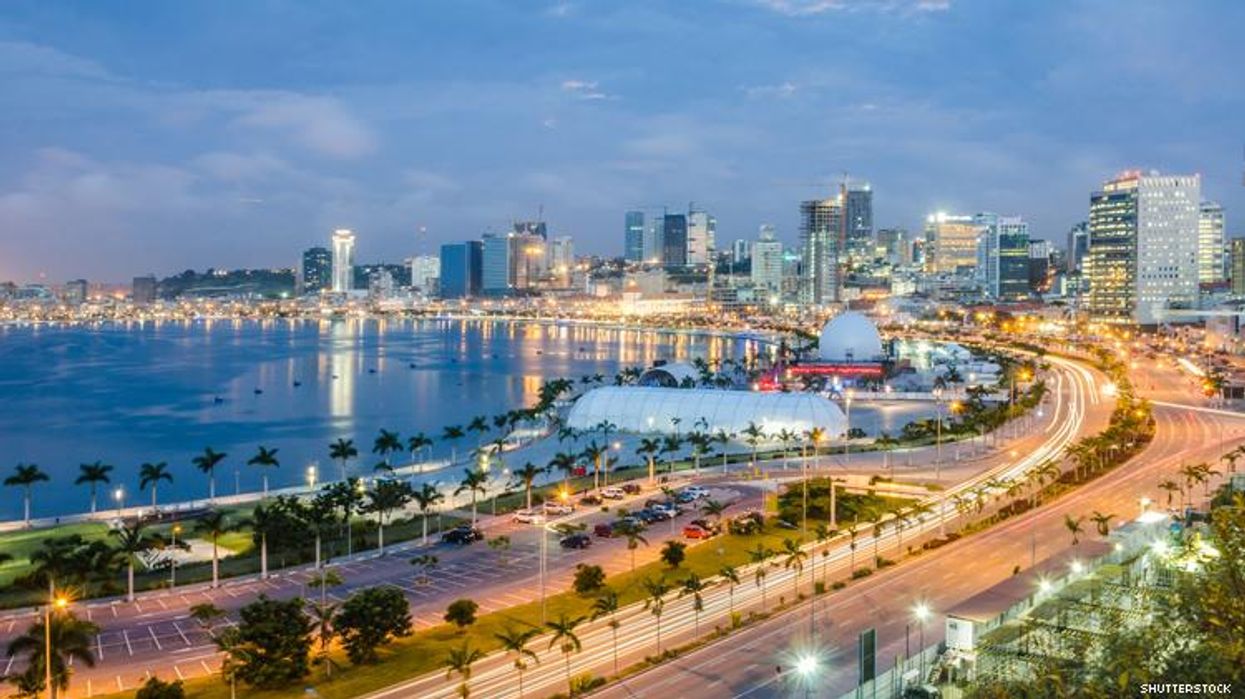News
Angola Decriminalizes Same-Sex Sexual Relationships

The is the first revision of the colonial-era penal code regarding LGBTQ+ people in this African nation.
February 13 2021 2:00 AM EST
By continuing to use our site, you agree to our Privacy Policy and Terms of Use.

The is the first revision of the colonial-era penal code regarding LGBTQ+ people in this African nation.
This article previously appeared on Out.com. Read the original article here.
A new law decriminalizing same-sex sexual relations has gone into effect today in Angola. The new law overturned a colonial-era “vice against nature” provision that was seen as a ban on homosexual relations. The changes were passed in January of 2019 by Angola’s parliament, but was not signed into law by the country’s president until November 2020. The new law also prohibits discrimination based upon a person’s sexual orientation.
Activist Jean-Luc Romero-Michel tweeted the move was “a great step forward” in the fight against state-sponsored discrimination against the LGBTQ+ community.
The changes came from the first rewriting of the country’s penal code since gaining independence in 1975. Angola had previously been a colony of Portugal, and the amended laws had been a remnant of the colonial-era rule the encouraged discrimination against the LGBTQ+ community.
According to Human Rights Watch, the previous laws on same-sex sexual relations had been rarely prosecuted, but served as a basis for undue scrutiny and discrimination. The new law includes imprisonment of up to two years for discrimination based on sexual orientation.
Passage of the new law last year was seen as part of a broader effort strengthening the rights of LGBTQ+ people in Angola. The government had given legal status in 2018 to the advocacy group Iris Angola. The group called the new move an “historic moment” in defending the rights of the community in the country.
“This is an act of sovereignty by the Angolan State which, after 134 years of being governed in the criminal and criminal fields, with a code that has been in force since 1886, from the colonial administration, now has the penal code totally inspired by political reality, legal, cultural and social Angolan,” Francisco Queiroz, minister of justice and human rights, said upon passage. “Therefore it is an aspect that must be underlined, this one of the consolidation of the national sovereignty.”
The move comes against a backdrop of continued violence against the LGBTQ+ community by some African nations. In 2019, the leader of Uganda likened queer people to “terrorists.” Last year police violently assaulted queer Nigerians who were peacefully protesting police violence against the community. Also last year, the government of Tunisia forcefully pushed back against efforts to recognize marriage equality after a local administration recognized a marriage between two men conducted in France.
Managing Editor at OutTraveler. Also write for Out, The Advocate, and Plus magazines.
Managing Editor at OutTraveler. Also write for Out, The Advocate, and Plus magazines.